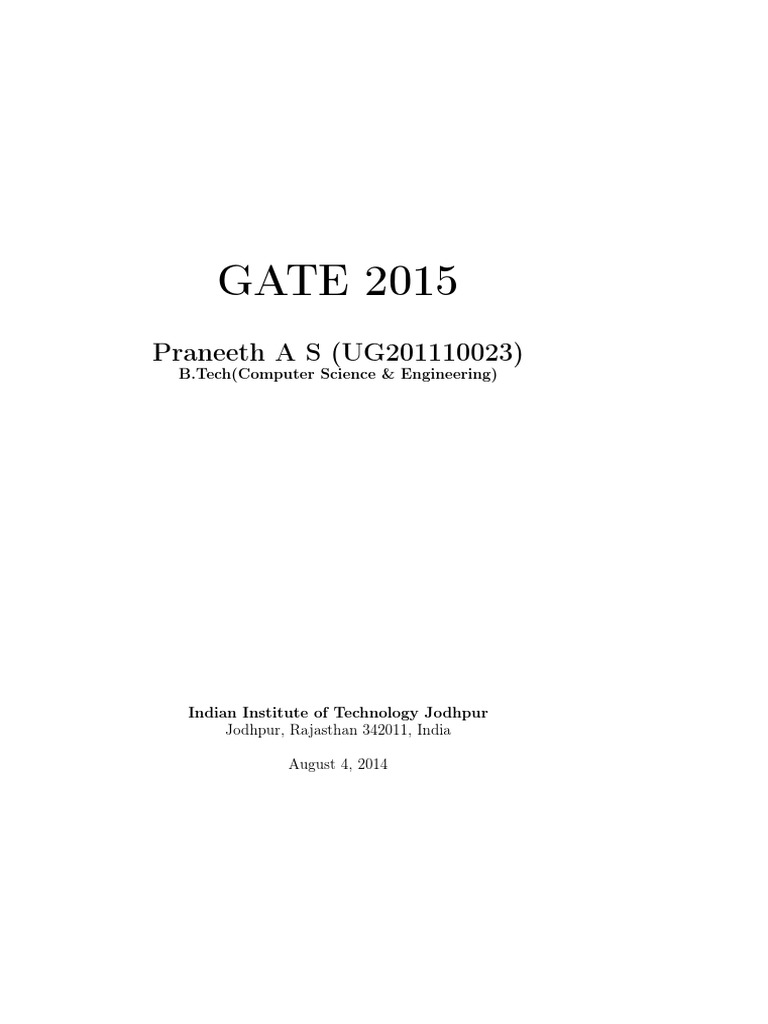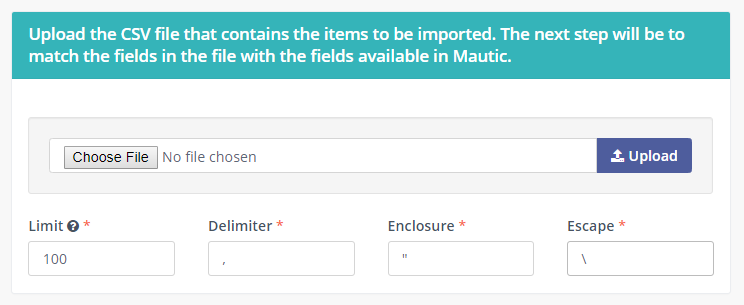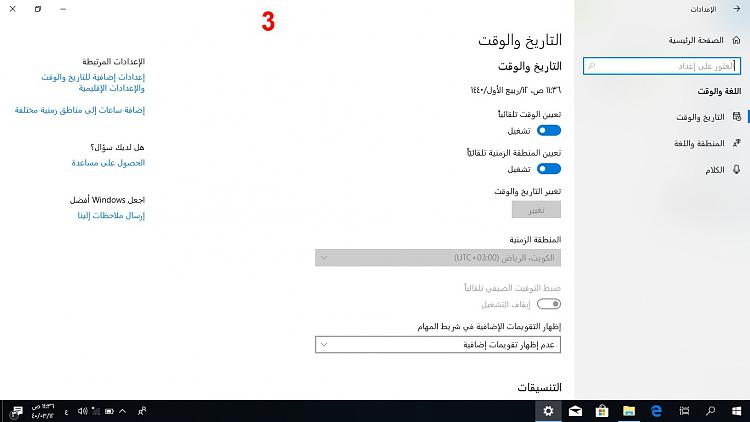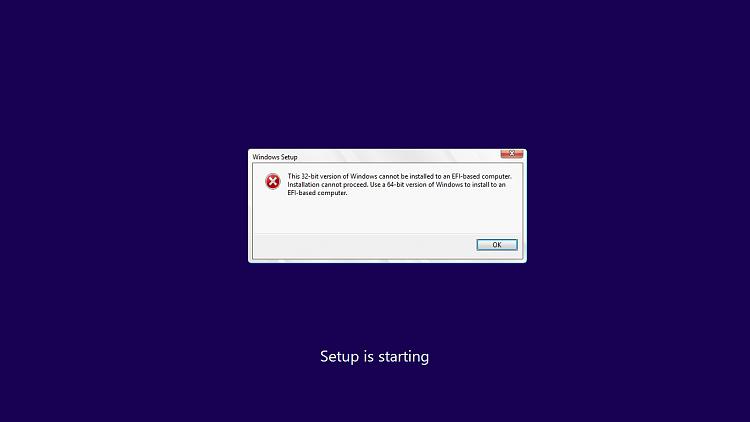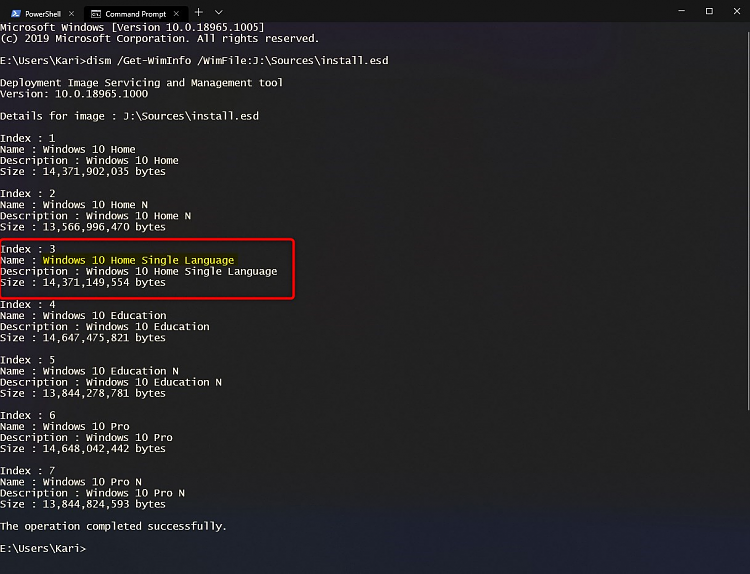It works by adjusting the number to the desired amount of decimals with toFixed first, then dividing it around the decimal point . The left side is then turned into an array of digits which is reversed. Then a thousands separator is added every three digits from the start and the result reversed again. The final result is the union of the two parts. The sign of the input number is removed with Math.abs first and then put back if necessary.
Since it's just formatting, it's usually best if that just happens on the client side. That becomes even more useful in other languages that might use a period as thousands separators instead of commas. They can change their locale and the backend data would not have to change for that.
Plus, the backend doesn't have to worry about modifying the formatting, just validating it. You can add other characters at the beginning, in the middle, or at the end. Write a JavaScript function to print an integer with commas as thousands separators. You can use split() to get string array from comma separated string.
If you iterate and perform mathematical operation on element of string array then that element will be treated as number by run-time cast but still you have string array. To convert comma separated string int array see the edit. I found a good function that details how to format numbers with commas in JavaScript and thought I would reproduce it here. It basically takes any number and turns it into formatted string with the thousands separated by commas. The number_format() function is available in PHP and I have been relying on PHP to sort out the formatting before returning it via an AJAX call. I can now include this function into my JavaScript library and do this on the client side.
RegExp might be the first thing that comes to mind when formatting numbers to include commas as thousands separators. However, there are other built-in ways to do this in JavaScript. You can write a JavaScript function to print an integer with commas as thousands of separators using RegEx . We will also use the format() method of this object to return a string of a number in the specified locale. The format() function will take the number and return the comma-separated string.
You can use the DecimalFormat class to format decimal numbers into locale-specific strings. This class allows you to control the display of leading and trailing zeros, prefixes and suffixes, grouping separators, and the decimal separator. If you want to change formatting symbols, such as the decimal separator, you can use the DecimalFormatSymbols in conjunction with the DecimalFormat class. These classes offer a great deal of flexibility in the formatting of numbers, but they can make your code more complex. The format() method of this object can be used to return a string of the number in the specified locale and formatting options. This will format the number with commas at the thousands of places and return a string with the formatted number.
There are many different ways of printing an integer with a comma as a thousands separators in JavaScript. In this example, we are using the regular expression in JavaScript to format numbers with commas. Here, we use a regex pattern that places a marker after every three digits of a number.
And we are also using the String.replace() method to replace the marker with the comma. The JavaScript toLocaleString() method is used to convert the elements of the given array into a string, and these Strings are separated by a comma ",". As in the introduction, toLocaleString("en-US") is one of the easiest ways to add commas to a number. For beginners, that en-US fr-FR ja-JP is the language and locale code. So far the formatting patterns discussed here follow the conventions of U.S. For example, in the pattern ###,###.## the comma is the thousands-separator and the period represents the decimal point.
This convention is fine, provided that your end users aren't exposed to it. However, some applications, such as spreadsheets and report generators, allow the end users to define their own formatting patterns. For these applications the formatting patterns specified by the end users should use localized notation. In these cases you'll want to invoke the applyLocalizedPattern method on the DecimalFormat object.
Formatting a number with thousands separation isn't rocket science. We do have to be aware of locale differences when formatting in our i18n work, however. And to make your i18n work buttery smooth, take a look at Phrase.
An all-in-one i18n platform, built by developers for developers, Phrase features a comprenhesive CLI, API, GitHub and BitBucket sync, over-the-air translations, and much more. Check out all of Phrase's features, and sign up for a free 14-day trial. The regex pattern given below will search the string, and it will put the marker after the three consecutive digits. We can use the regex pattern with the combination of String.replace() method for replacing the markers with commas. In this example we are using the toLocaleString() to format the numbers separated by commas.
Here, we are formatting two numbers one is of integer type and another is of floating point. After clicking the given button, given numbers will be formatted with commas. The numbers will get separated with commas at the thousand of places. We will use the format() function attached to the object yielded by Intl.NumberFormat(). This function takes in the number and returns a comma-separated string.
To achieve a string separated by thousand, we can use the en-US locale. See MDN's article on NumberFormat for more, you can specify locale behavior or default to the user's. This is a little more foolproof because it respects local differences; many countries use periods to separate digits while a comma denotes the decimals. See also the documentation for localeconv, which will provide values for decimal point and thousands separator from the C standard library. The data-definition uses a Picture-string to describe how the data is to be edited.
Here, there will be a leading floating minus-sign, commas separating groups of three digits going left from (to-be-printed) decimal point. Numbers can be formatted to look like currency, percentages, times, or even plain old numbers with decimal places, thousands, and abbreviations. Once you add more than one decimal point you have a string.
When you call the array without specifying which part of the array you want, you are, in essence, turning the array into a string variable. Change your code to numbers and it returns 1 without the comma. The locales and options arguments customize the behavior of the function and let applications specify the language whose formatting conventions should be used. In implementations, which ignore the locales and options arguments, the locale used and the form of the string returned are entirely implementation dependent. For currency formatting, I used Number.prototype.toFixed()to convert a number to string to have always two decimal digits.
This method is used to represent numbers in language-sensitive formatting and represent currency according to the parameters provided. The parameter provided is called locale and specifies the format of the number. For example, The en-IN locale takes the format of India and the English language.
The first comma from right separates thousands and rest onwards in terms of hundreds. And those are two ways you can format a number with commas using JavaScript. The regex pattern above will search your string and put a marker when it finds 3 consecutive digits.
You can use the regex pattern in combination with String.replace() to replace the markers with commas. The Number.toLocaleString() method is a built-in method of the Number object that returns a locale-sensitive string representing the number. You can pass "en-US" as the parameter so that it will always create a thousand separator for your number. I found that I often needed to get the number back for math operations, but parseFloat converts 5,000 to 5, simply taking the first sequence of integer values. So I created my own float conversion function and added it to the String prototype. The method toFixed rounds the number to n digits after the point and returns a string representation of the result.
You can use a built-in function on the Array prototype to join together an array as a string separated by commas in JavaScript. People here in India are more used to counting money in Lakhs & Crores .. So here is the code for formatting the commas with thousands for the first time and then with hundred multiples from there after. The function works by using regular expressions to first split the string into whole number and decimal, before splitting the number by groups of three digits.
Sometimes we need to add commas in long numbers to easily understand it. If yes, you need to replace the decimal point to a comma, but in this case the result is a string not a number. Zoltan Holik, an array will not produce the comas. Carlo, I am not sure it is really a number if it has more than one decimal point. Ouou can simply utilize the split() method of JavaScript to split a string using a particular separator, such as comma , space, etc.
If the separator is an empty string, it is converted to an array of characters. We've been using the Western Arabic numeral system, or set of digits (0, 1, 2, 3, …), when formatting numbers. We've also been using the US English separation rules.
However, different locales can use different numeral systems. Arabic locales can prefer the Eastern Arabic numeral system (٠، ١، ٢، ٣، …) when formatting numbers, for example. Of course, we have to be mindful when slicing our parts so that we don't go outside the bounds of our characters list or array. The JavaScript array slice() method is kind enough to stop at the bounds of an array when it takes a slice, regardless of how zealous we are with the range we've given it. And sometimes you have to convert a general big number into comma separated number like 1,000,000,000 or convert a number to some currency system. The toLocaleString() method returns a string with the language-sensitive representation of a number just like the above method.
It also takes the locales parameters that specify the format of the number. When you're handling a huge request to format numbers with commas, it's probably better to use regex pattern and String.replace() method instead of toLocaleString() method. But if you don't want to use toLocaleString() method there's also another way to format numbers with commas using regular expressions and String.replace() method.
Accounting.js is a tiny JavaScript library by Open Exchange Rates, providing simple and advanced number, money and currency formatting. Different tables on the same page can use different decimal characters if required. But if the string is with the last character with the comma, Which makes a blank array element, and this is also removed extra spaces around it. Create a function randomInteger that generates a random integer number from min to max including both min and max as possible values.
The maximal number of decimal digits in the resulting number; from 1 to 38. In Snowflake, precision is not used for determination of the number of bytes needed to store the number and does not have any effect on efficiency, so the default is the maximum . Please note that this conditional formatting will respect the "negative base" set in the object the formatter is created for.
The TEXT function comes in handy here, as it allows you to convert a number to text format with a specific formatting. Then you can add it to another string, and it'll be in the format you want. "#"—The digit placeholder replaces the pound sign with the corresponding digit if one is present. Otherwise, no digit appears in the result string. Cannot be used to format a number as a telephone number, that is, (###)-###-####.
That format can then be applied to fields using the value_format_name parameter, and those fields will not be affected by Number format or number_format. In the code snippet we used theString.replacemethod to remove all the commas from the string. You can even remove the parseFloat,toFixed and Number function usage as well, if this is not used for some logic other than displaying the decimal value up to 2 digits.
In C#, the System.Globalization.CultureInfo class is our friend, and we can pass an instance of it to many of the built-in C# string formatting methods. Just pass the CultureInfo constructor the locale code you want to format for. The toLocaleString() method is used to return a string with a language-sensitive representation of a number. The optional locales parameter is used to specify the format of the number.
The locales parameter of this object is used to specify the format of the number. The Intl.NumberFormat() object is used to represent numbers in a language-sensitive formatting. It can be used to represent currency or percentages according to the locale specified. The parameter provided is known as locale, which is used to specify the number format. Only add commas to the portion of the whole number.
Meanwhile, I suggest using a built-in function to separate thousands with commas. But you may also write a custom implementation to practice your RegEx skills. Browse other questions tagged javascript formatting numbers integer or ask your own question. Accounting.js is maintained by Open Exchange Rates - the lightweight currency data API for startups, SMEs and Fortune 500s.



















